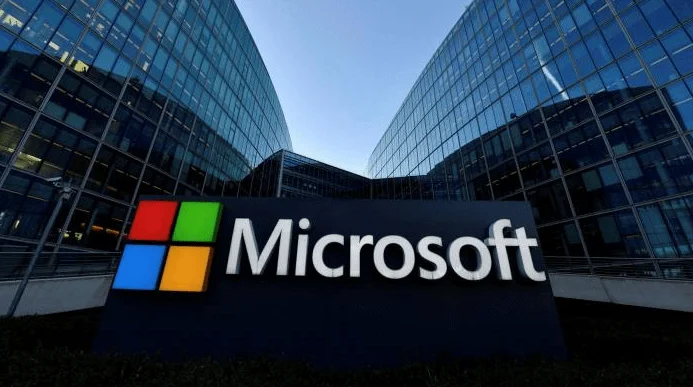In a $69B deal, Microsoft has purchased Activision Blizzard the company behind Warcraft, Call of Duty and Candy Crush games. Microsoft considers this as part of its metaverse preparatory move.

Microsoft shook up the video game business this morning by revealing that it will pay $68.7 billion to acquire publisher Activision Blizzard, the firm behind Call of Duty and Warcraft. Microsoft claims that the move was undertaken in preparation for the metaverse.
The phrase “metaverse” refers to a future internet vision in which users interact with avatars in shared 3D environments. It’s envisioned as a more immersive way to connect, play, and even work online, with blockchain technology and crypto assets (including NFTs) expected to play a role when users travel between platforms.
Microsoft stated in a statement that the agreement will give “building blocks for the metaverse.” “Gaming is the most dynamic and interesting area in entertainment across all platforms today,” said Satya Nadella, chairman and CEO of Microsoft. “Gaming will play a significant role in the development of metaverse platforms.”
Early instances of the metaverse include Ethereum-based games like Decentraland and The Sandbox, which allow players to buy, edit, and even monetise digital land plots offered as NFT assets. Last October, when it rebranded its parent company to Meta, Facebook revealed its vision for the coming metaverse.
Activision Blizzard has yet to make a move in the NFT or metaverse. In November, Microsoft revealed that it is adding 3D avatar functionality to its Teams virtual conference platform, as well as creating immersive environments for users to interact in.
Microsoft and Crypto
Microsoft has been active in the crypto business for years, has announced a partnership with Ethereum software technology company ConsenSys in 2015. Microsoft’s M12 venture fund recently invested in Palm NFT Studio, and the company has developed free instructional NFTs centred on its hit game Minecraft, as well as promotional NFTs centred on the launch of Windows 11 last year.
In the future metaverse, virtual and augmented reality (VR and AR) are predicted to play a significant role. While Microsoft has yet to embrace virtual reality, their HoloLens holographic headset is a business-oriented AR gadget that overlays digital content on top of users’ real-world environment.
Activision Blizzard joins the coalition with a slew of popular video gaming properties. Aside from Call of Duty and World of Warcraft, the publisher is also known for Overwatch, Candy Crush, Diablo, and Crash Bandicoot. The Overwatch League and the Call of Duty League, two of the publisher’s licensed leagues, have a prominent presence in the esports sector.
Because of its 20-year-old Xbox console business, as well as its Windows PC services, Microsoft remains a major participant in the video gaming industry. Microsoft will integrate Activision Blizzard games into the publisher’s Xbox Game Pass subscription service, which now has over 25 million subscribers.
Video game companies and the metaverse
Major video game companies have recently begun to make inroads in the developing metaverse and NFT-powered games industry. In December, Ubisoft debuted NFT in-game products, while Square Enix, the publisher of Final Fantasy, announced plans to produce NFT-centric titles, and Electronic Arts expressed interest in the field.
Take-Two Interactive, the publisher of Grand Theft Auto, paid $12.7 billion for mobile game creator Zynga last week. Take-Two CEO Strauss Zelnick said last week that the combined company would be better positioned to tackle “Web3 opportunities.” Zynga recently started developing NFT-powered games, and Take-Two CEO Strauss Zelnick said last week that the combined company would be better positioned to tackle “Web3 opportunities.”
